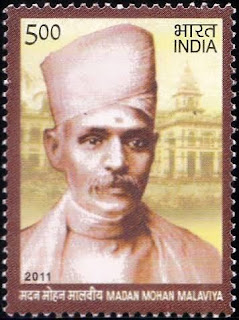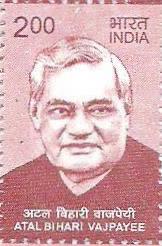The Christmas holiday,
recognized as the birth of Jesus Christ, witnesses diverse celebration dates
because of differences in Christian calendars.
Among the oldest Christian holidays, Christmas is celebrated on Dec. 25 by
adherents of the Gregorian calendar, including Protestants, Catholics, and some
Orthodox Christians. In contrast, Orthodox Christians who follow the Julian
calendar commemorate the event on Jan. 7.
Historically, pagan communities celebrated the "rebirth"
festival on Dec. 25. However, the Church, after gaining influence in the 4th
century, actively worked to establish Dec. 25 as the celebration day, asserting
it as Jesus’ birthday.
Records trace the celebration of Jesus' birth in the Roman Empire dating
back to 325 or 336. The official recognition of Christmas began after Pope
Liberius declared the night connecting Dec. 24 to Dec. 25 as Jesus's birthday
during the final years of Byzantine Emperor Constantine's reign.
Christmas traditions worldwide
In the broader context of
Christmas celebrations, traditions vary across countries. Families in countries
like the UK, Germany, Ireland, France, US, Portugal, Italy, Austria, Belgium,
Canada, Albania, Norway, Finland, and Kenya gather for a Christmas meal on
Dec.25. In Orthodox-majority countries like Georgia, Belarus, Russia, and
Serbia, Christmas is celebrated on Jan. 7.
Children write letters to
Santa Claus, listing the gifts they wish to receive. On Christmas day, gifts
placed under the decorated Christmas tree are given to their recipients.
For small children, gifts and
candies are placed inside giant stockings, and it is said that Santa Claus
brings these gifts.
All churches affiliated with
the Fener Greek Patriarchate celebrate Christmas on Dec. 25, whereas the
Armenian Orthodox Church in Türkiye celebrates on Jan. 6, commemorating the
baptism of Jesus.
Coptic Christians in Egypt
also observe a 43-day fast ending on Jan.7 as part of their Christmas
celebrations. Moreover, in countries where Christians are a minority, such as
Argentina, Brazil, Hungary, and Sweden, celebrations commence on Christmas Eve,
Dec. 24, and last until Dec. 26.
Many countries with Christian
minorities, including India and Malaysia, recognize Dec. 25 as an official
holiday for Christmas.
This global diversity in
Christmas celebrations reflects the rich tapestry of traditions, calendars, and
historical influences that have shaped the observance of this significant
Christian holiday worldwide.












